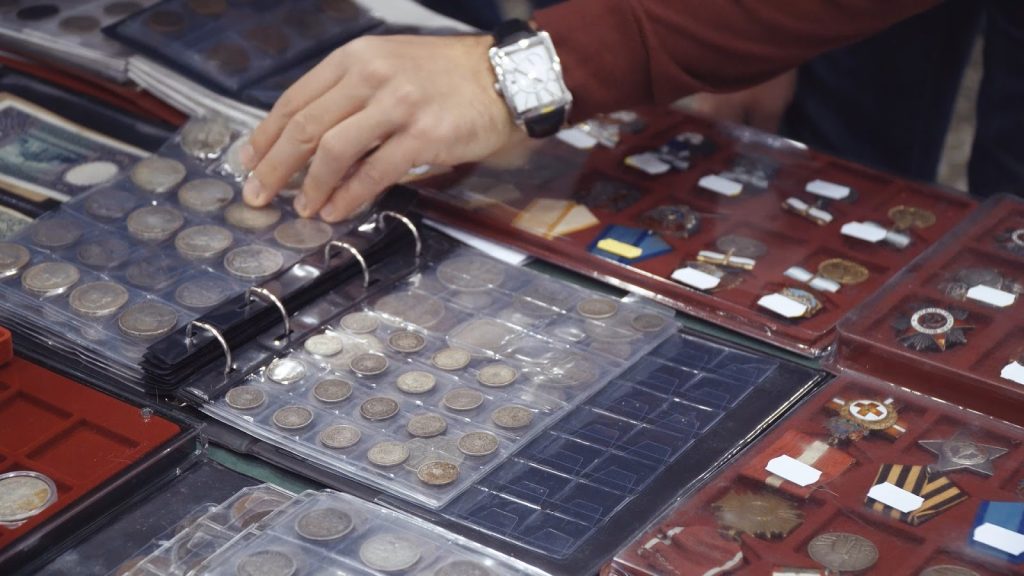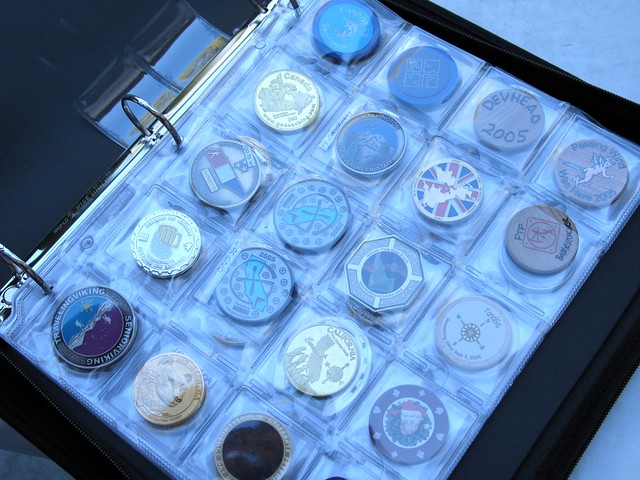Have you ever heard of the worst enemies of coins? Depending on the metal used in its manufacturing process, moisture, certain oils or acids, as well as sand and even air pollution can be significant threats to your coins. For coins classified as “uncirculated” or “almost uncirculated”, even fingerprints can be dangerous if you don’t store it well.
When you have a large and/or valuable coins collection, you must always treat them with care and delicacy. Rarity, metal used, weight and other factors are important, but the level of preservation is a key factor in evaluating and estimating the value of a coin. A well preserved copper coin could have a higher value than a silver or even a gold coin that has been damaged by improper handling and/or storage. Follow our advice on coin storage to not only sell your coins for a better price, but also to store them properly for future generations!
Rule #1 The more valuable your coin is, the more expensive the storage will be

There are numerous storage methods for coins: binders, holders, folders and albums, coin flips, air-tites, slabs… Besides, each of them have different types depending on the metal of the coin. You should remember that paper and soft plastic storage methods cannot guarantee a full protection from damages such as scratches, toning and spotting. A huge step for the protection of your collection (and your wallet) is to purchase a coin album where items will be stored properly and classified. Though the most valuable coins will be safer in air-tites holder made of hard plastic alloy to prevent any possible damage.
Rule #2 Store them in a cool & dry place
Heat and temperature variations are the most frequent factors causing damage to coins. If you don’t want your coin to suffer a loss in quality, be careful of its environment. Do not leave your coin in a cellar or garage where it’s cold and/or humid. Even if you have a proper storage equipment, don’t leave it in your kitchen where oil, liquids or sauces could damage it through the cover.

Rule #3 Don’t forget your collection
It may seem absurd to you, but it’s the truth. You probably think you have found a great way and the perfect place to store your coins and that nothing will damage them anymore. However, that doesn’t mean you should be completely careless about it: there is still a pretty high chance to find your coins in a deplorable state when you need them (it has happened many times). Checking up on your collection at least four times a year is a precaution to be taken. Restoring your coin could cost more than the coin itself.
You can choose whether you want to store your parts at home or in a vault at the bank. Nonetheless, it goes without saying that following our advice will ensure that your coins are handled properly. There’s a myriad of ways to protect your collection and the effort you’re willing to make are up to you.
Just remember: if you follow these simple steps, you can make a huge difference in the preservation of your coins and heritage as a collector!
Come and check our website Millenium State!

